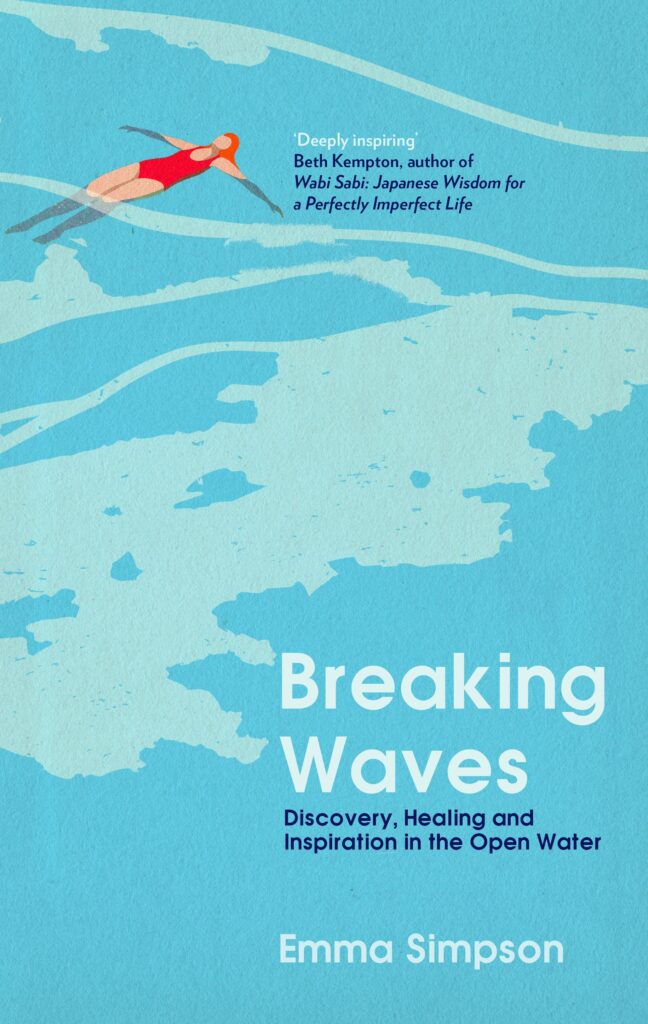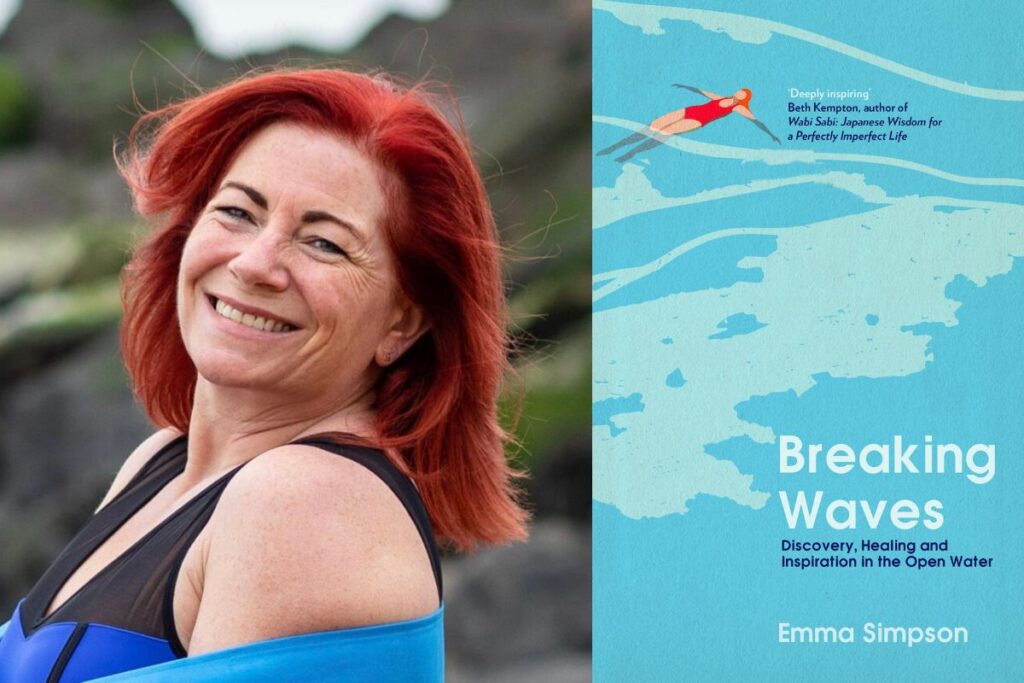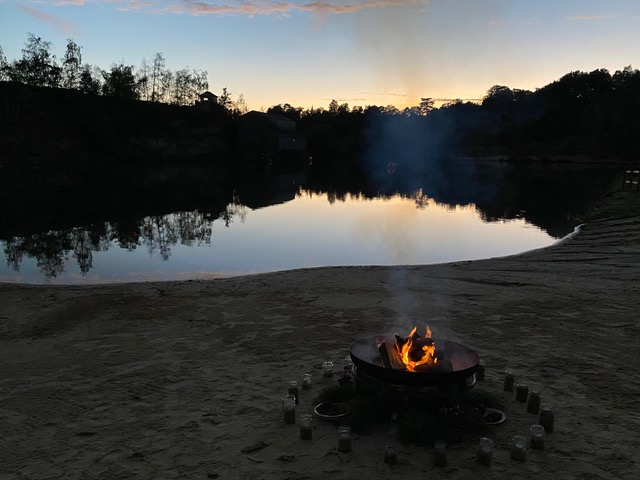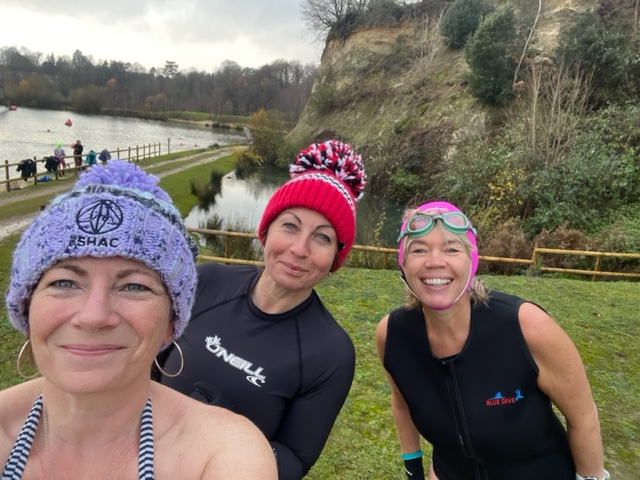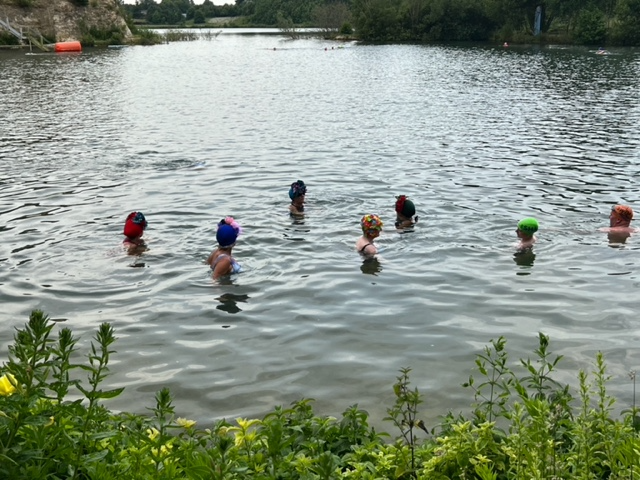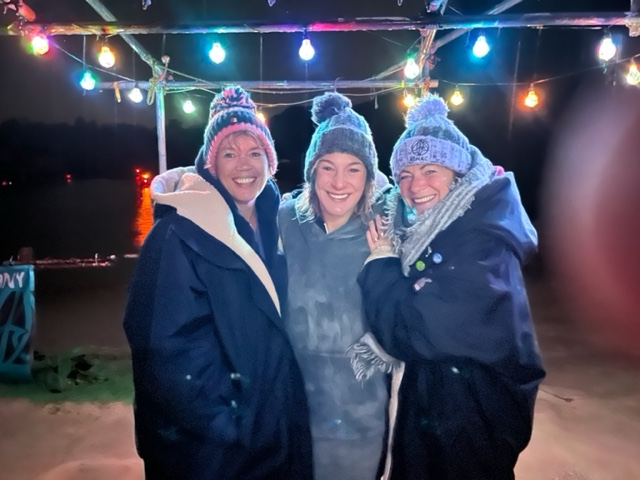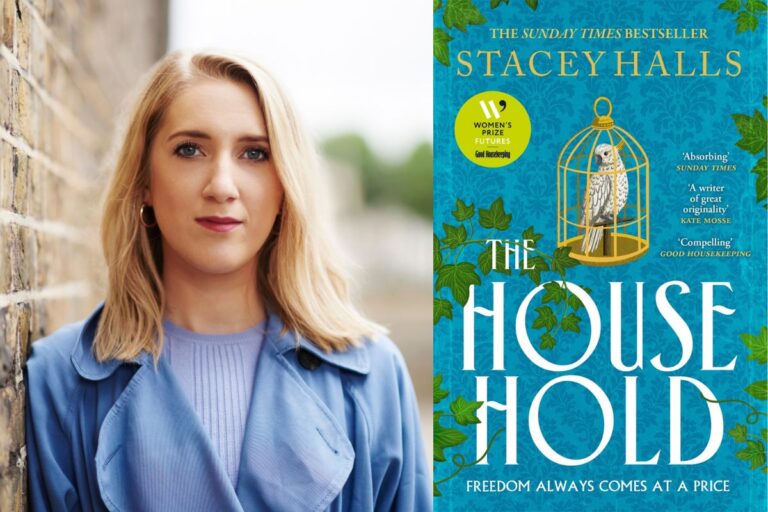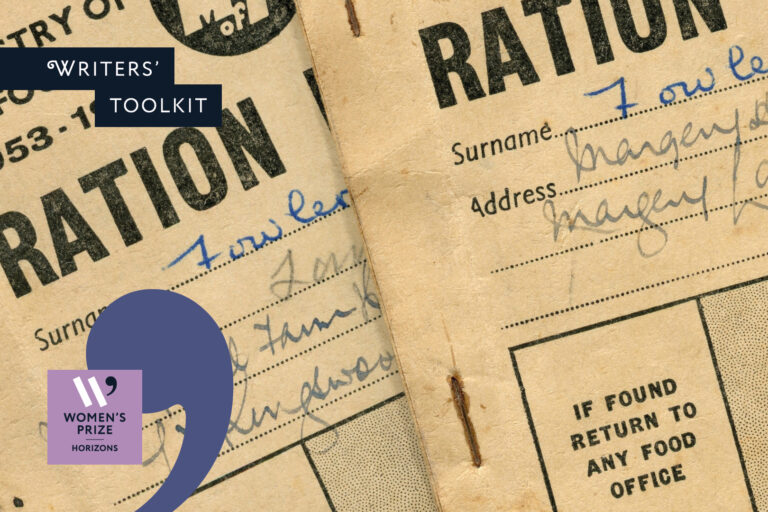Emma Simpson discovered wild swimming after a period of immense pain. The open water became a source of hope and strength, whilst providing a profound sense of connection with a glorious sisterhood of women – each with their own remarkable stories to tell. In her new memoir, Breaking Waves, Emma interweaves the tales of these inspirational women with reflections on her own experience, to tell a powerful and uplifting story about healing wounds, reclaiming a voice and discovering freedom through the open water. In this piece, Emma shares with us the journey to writing Breaking Waves, and the powerful connections that were formed through collecting stories from the water’s edge.
It was after a period of intense grief that I found myself on the shores of a lake not even really knowing what had brought me there. As I scrabbled for identity, meaning and purpose in a world turned upside down, I discovered a new sense of self through this innate pull to the water. In surrendering myself to the elements, I developed not only strength, hope and resilience but also an unexpected and profound sense of belonging. As I met with a sisterhood of women, my book Breaking Waves began to form, as we mirrored that ‘precious midnight storytelling’ of our teenage years, ‘entrusting each other with our words in this most wonderful exchange of gifts’.
Something so powerful happens when women come together with shared passion, and so it is at the water’s edge. In writing Breaking Waves I connected with women across the world, gathering stories from the taste of an iceberg to a kiss from a baby whale; from birthing in water to bathing under the midnight sun; from the wonder of moon circles to the magic of mermaids. I held other women’s hearts in my hand on a beach at sunrise as they held mine.
‘Through listening to their stories, something beautiful has emerged in my understanding of how we experience water as women. This is not to lean on lazy stereotypes of softness and nurture, imagining women as mothers cooing gently as they cradle offspring, or friends enveloping each other in hugs at the waters’ edge, nor is it to say we don’t strive for achievement. We can be as forceful and ferocious as the waves in a storm, and our endurance belies any notions of ‘weakness’; but there is a difference in our approach. It comes from within and is born of the elements. It can rage and erupt, ebb and flow, soothe and pacify, but it emanates from a shared cognisance. Just as our oceans, lakes and mountains hold the memory of the origins of our planet and the history of what has passed, as women we hold something in our own collective memory of shared struggle, and how we rise.’
At the water’s edge you will find ‘gentle cheer- leaders; those that encourage, that always have a kind and supportive word; and those that look after each other through wrapping someone in a warm robe, helping with boots and gloves, fetching tea. There are those that wordlessly offer a hug when they sense it is needed, and there is a deep sense of togetherness…It is a space where people gather, experience the water, look after each other and pause before gradually peeling off into their day having made perhaps a small yet significant impact on the wellbeing of another.’
‘It all comes back to belonging and acceptance, to finding a place, and the essential role that community plays in building our trust in each other, particularly when we are at our most vulnerable… Being around the open water is about learning that you are capable of more than you think you are, and how life changing this can be – trusting in yourself and being in the company of others who understand.’
